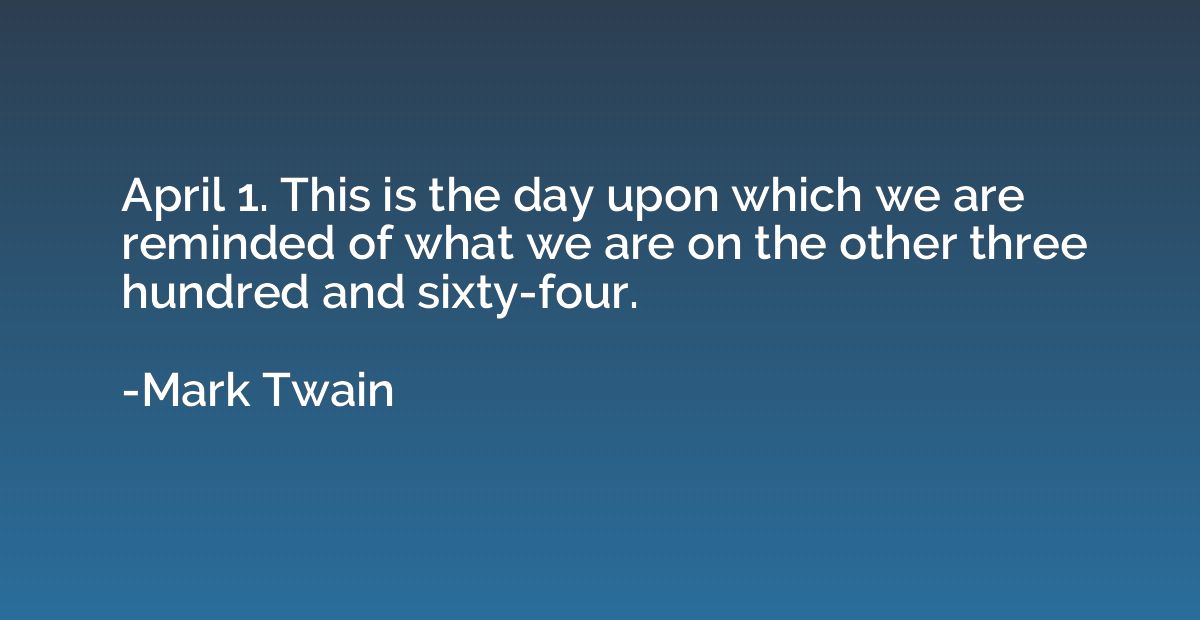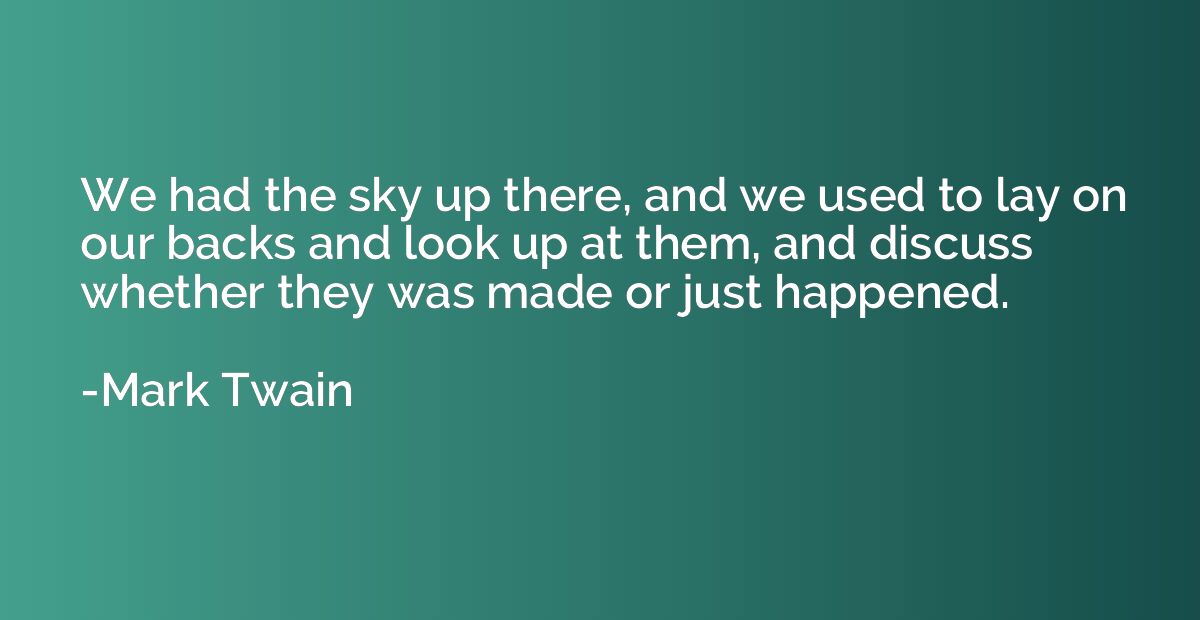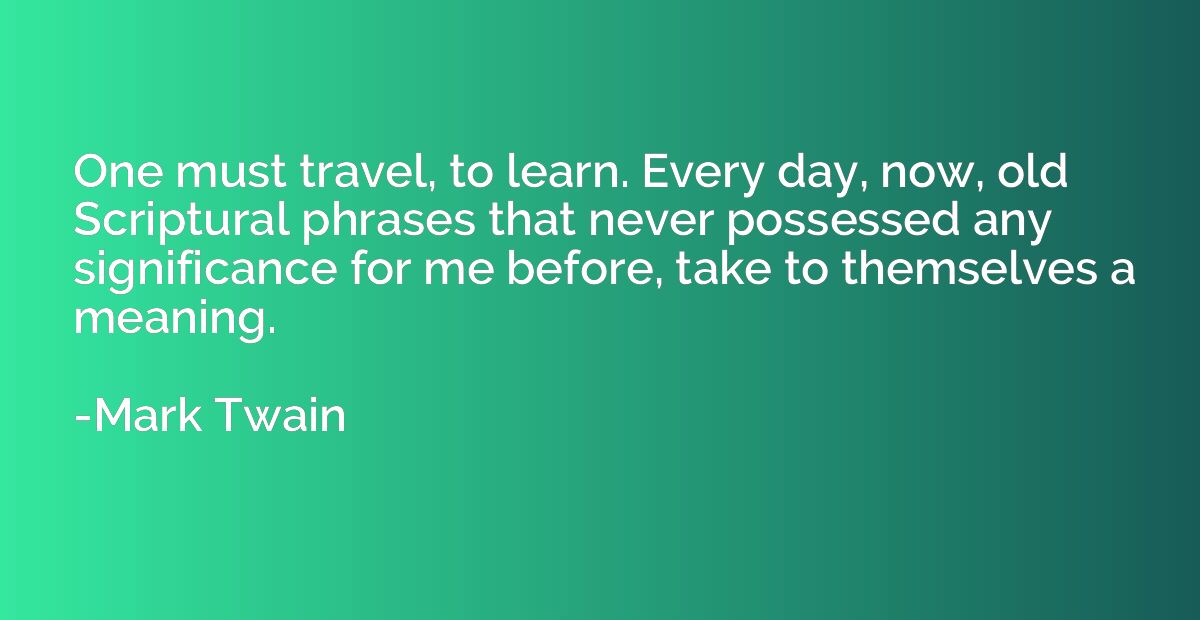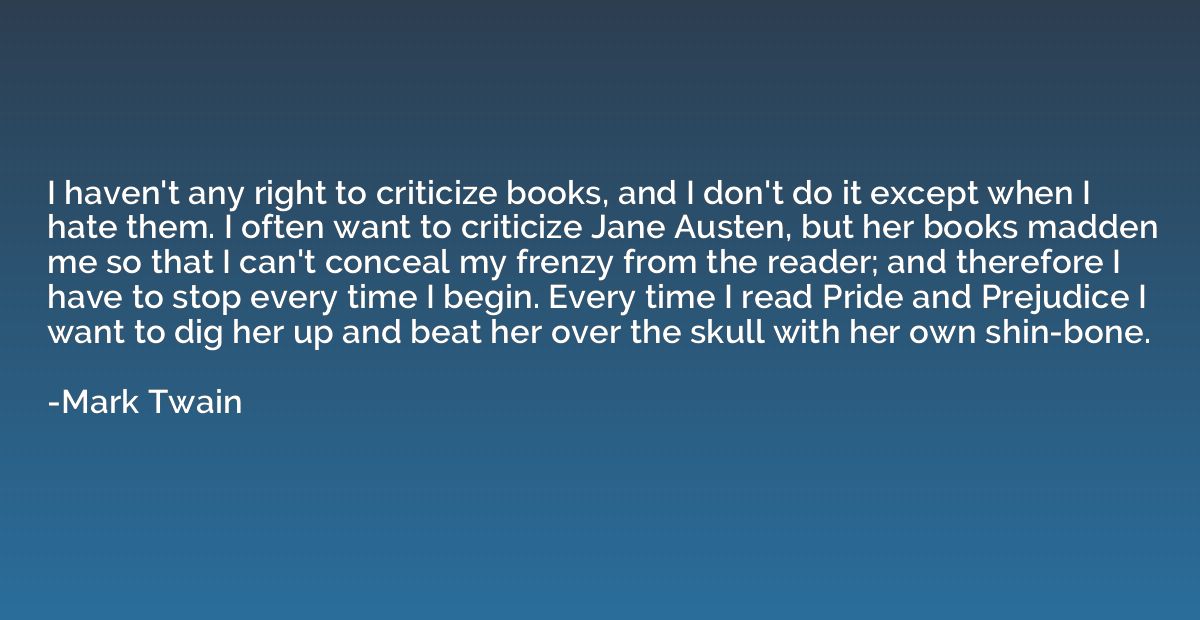Mark Twain Quotes
A collection of quotes by Mark Twain.
Samuel Langhorne Clemens, known by his pen name Mark Twain, was an American writer, humorist, and lecturer. He was born on November 30, 1835, in Florida, Missouri. Twain is renowned for his classic American novels, including "The Adventures of Tom Sawyer" and "Adventures of Huckleberry Finn."
At a young age, Twain moved with his family to Hannibal, Missouri, a town that became the inspiration for his fictional works. As a teenager, he worked as a printer's apprentice and later became a riverboat pilot on the Mississippi River. However, the advent of the Civil War disrupted river traffic, leading him to explore other professions.
Twain gained popularity as a humorist with his witty essays and short stories published in newspapers. However, it was his novels that solidified his reputation as a literary icon. "The Adventures of Tom Sawyer" and its sequel, "Adventures of Huckleberry Finn," beautifully captured his observations of American society and the complexities of race and morality.
His writing style was marked by sharp wit, satire, and a distinct vernacular voice that reflected the colloquial language of the American Midwest. Twain's works not only entertained readers but also provided commentary on various social issues of his time.
Throughout his career, Twain became a celebrated public figure, known for his insightful lectures and travel writings. His works have had a lasting impact not only on American literature but also on the development of the modern short story and the American novel. Mark Twain remains an influential figure in the literary world, remembered for his ability to capture the essence of the human experience through his unique storytelling style.






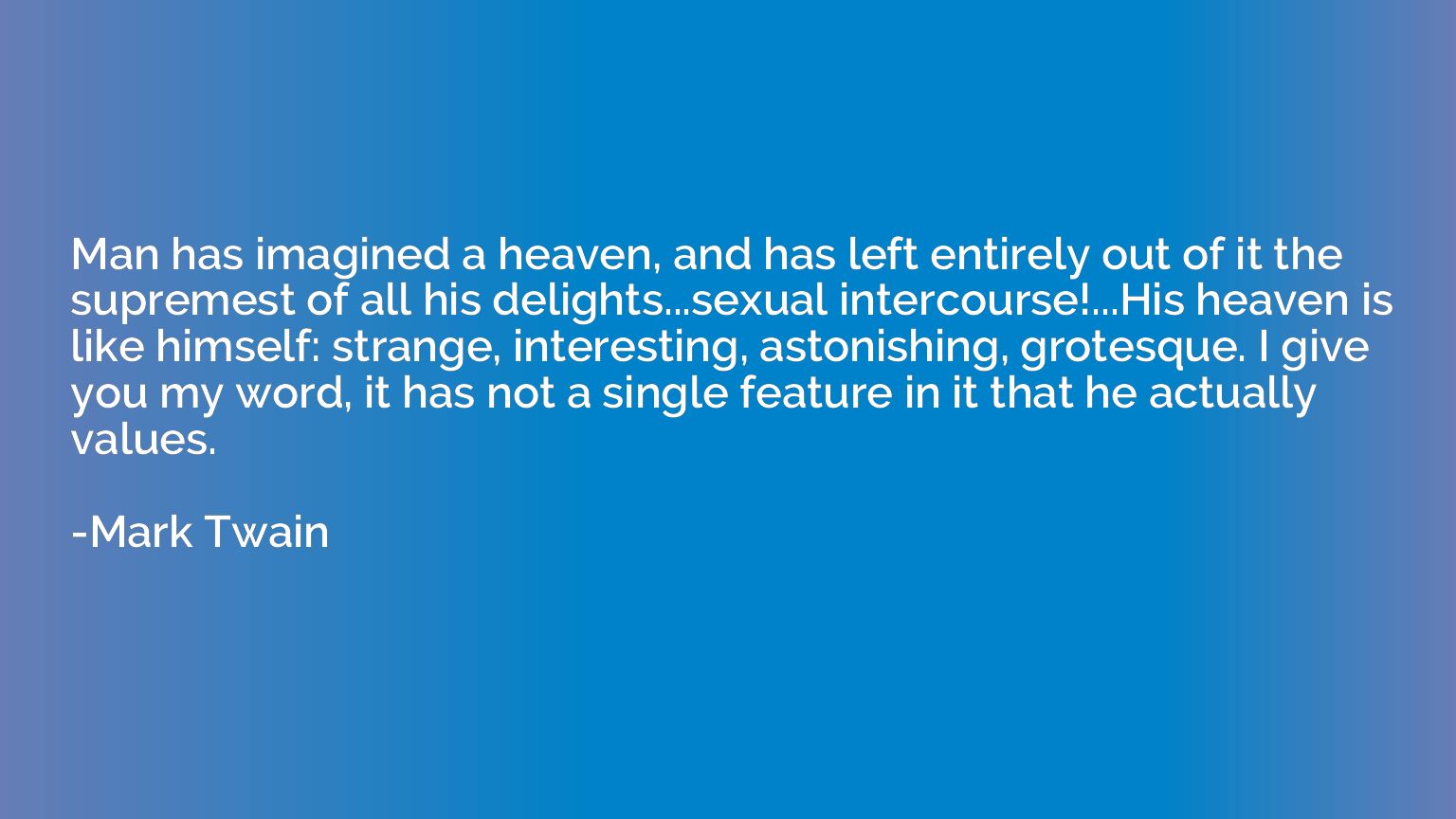
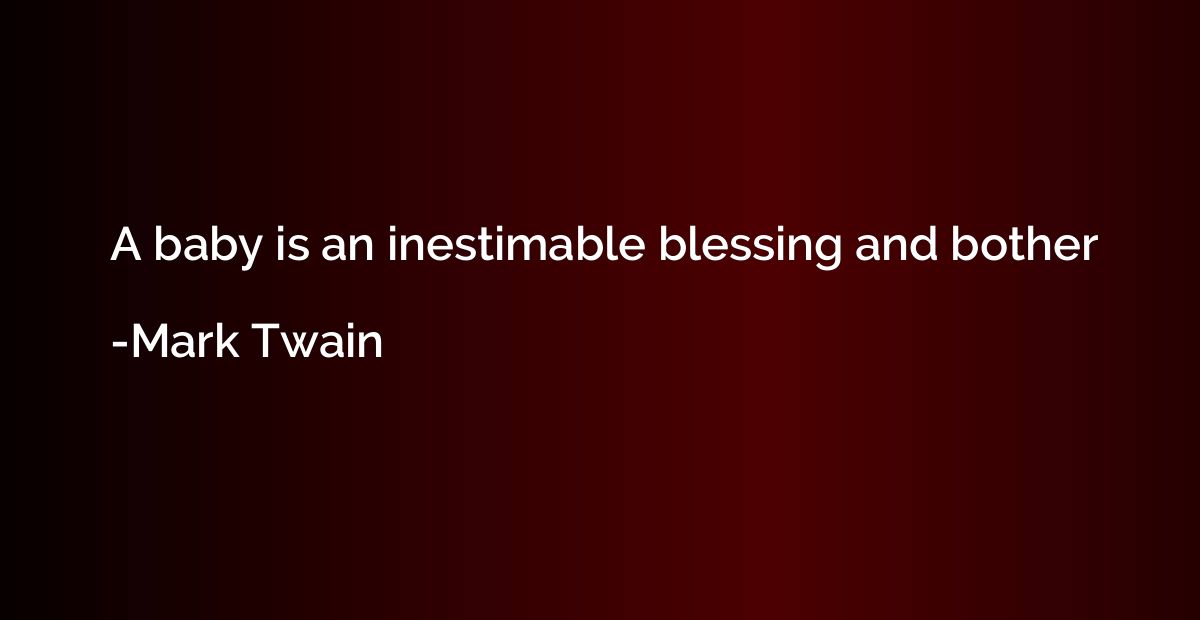
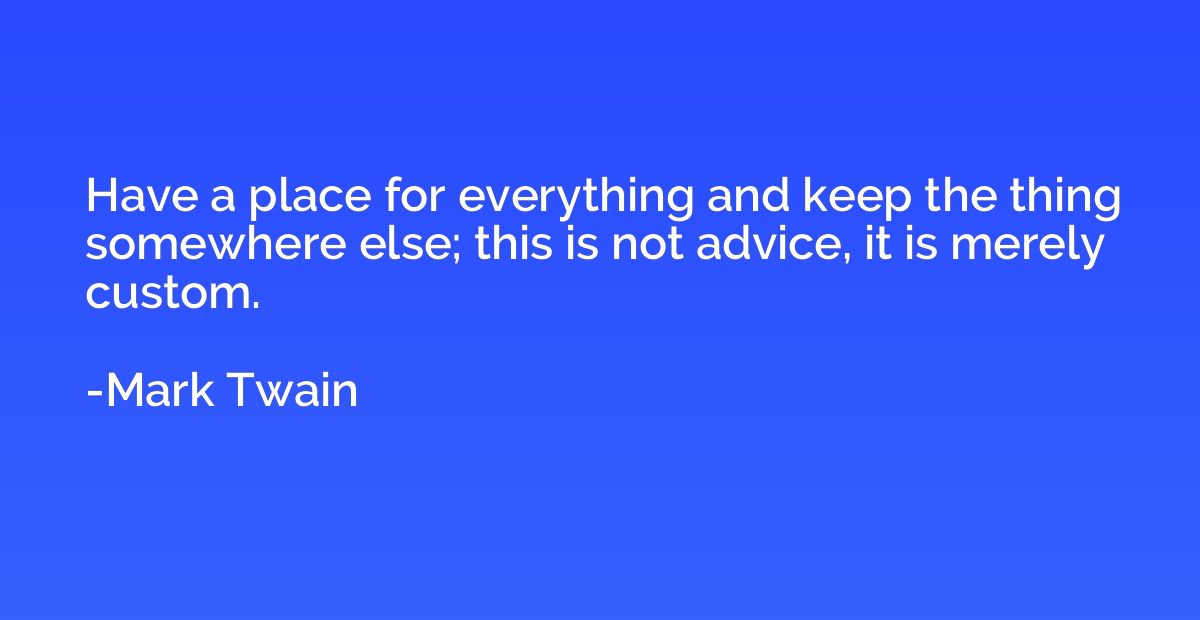
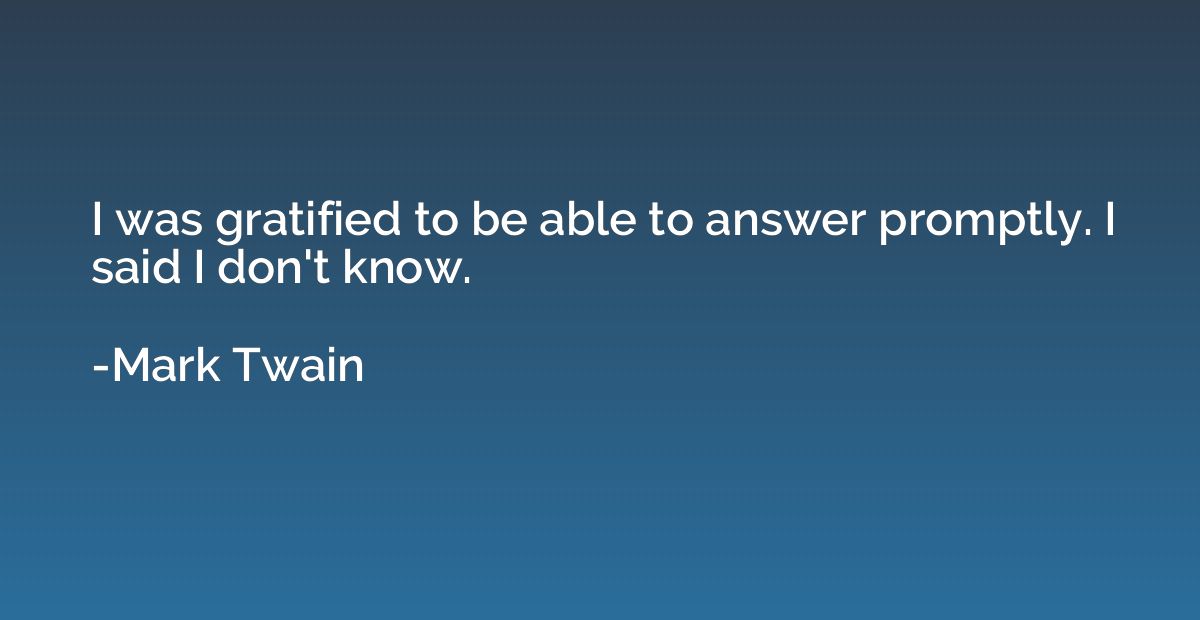
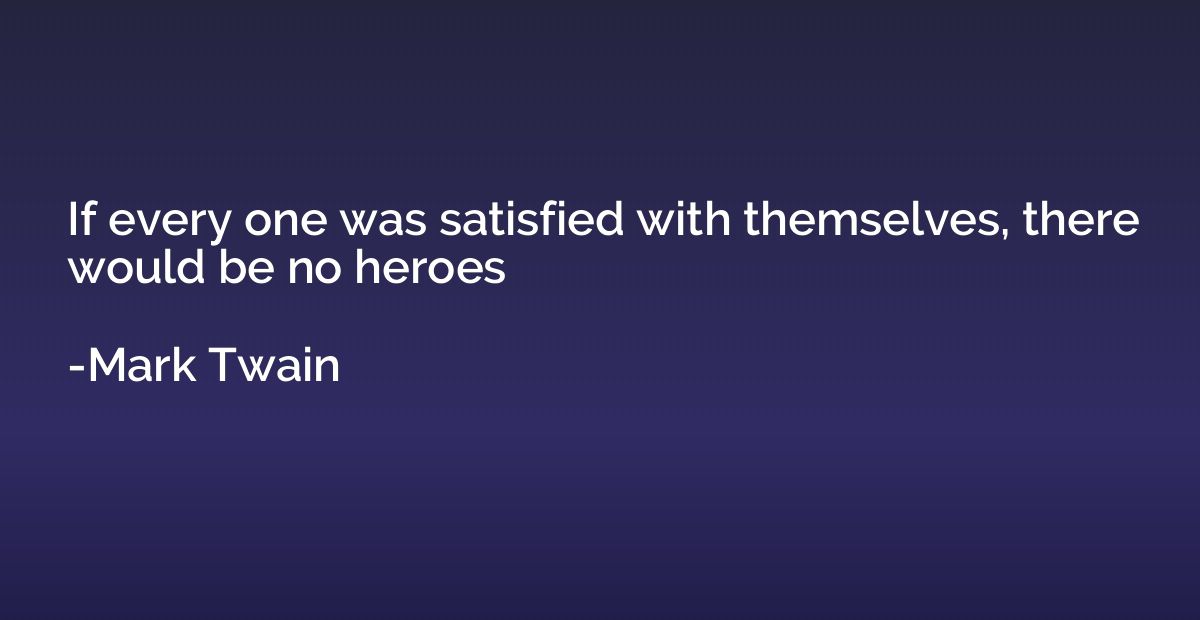
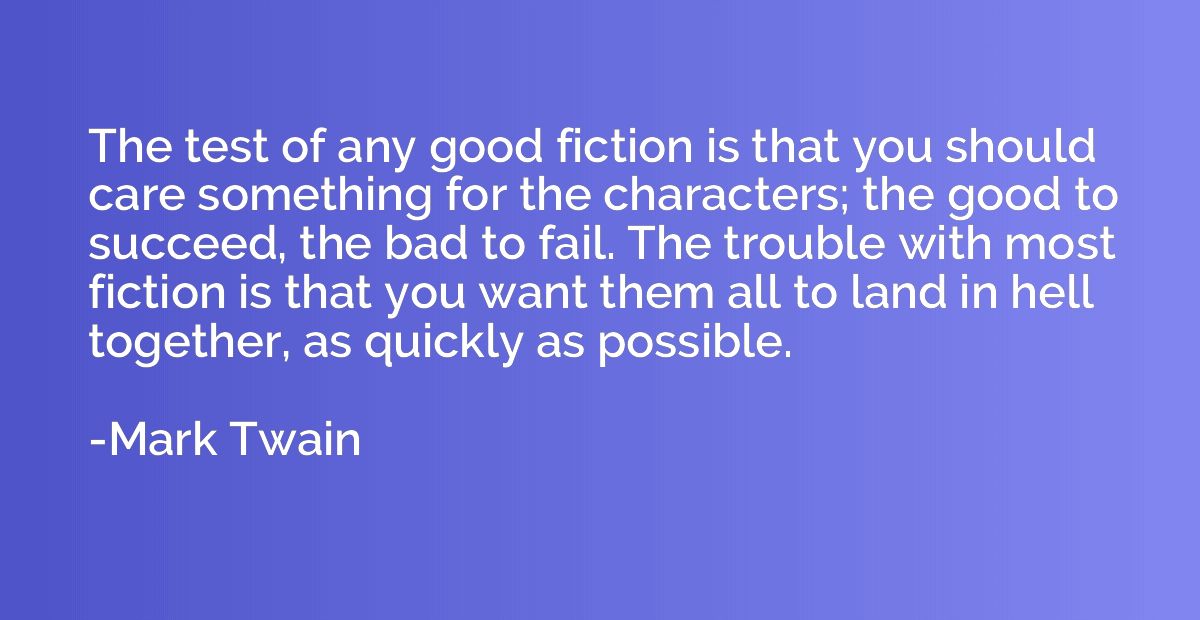
![There has never been a just [war], never an honorable one--o](https://quotation.io/quotes/never-just-war-never-honorable-one-part.jpg)
